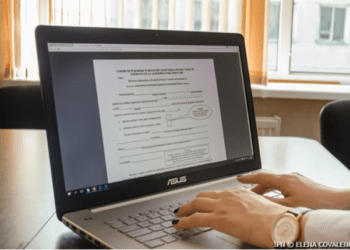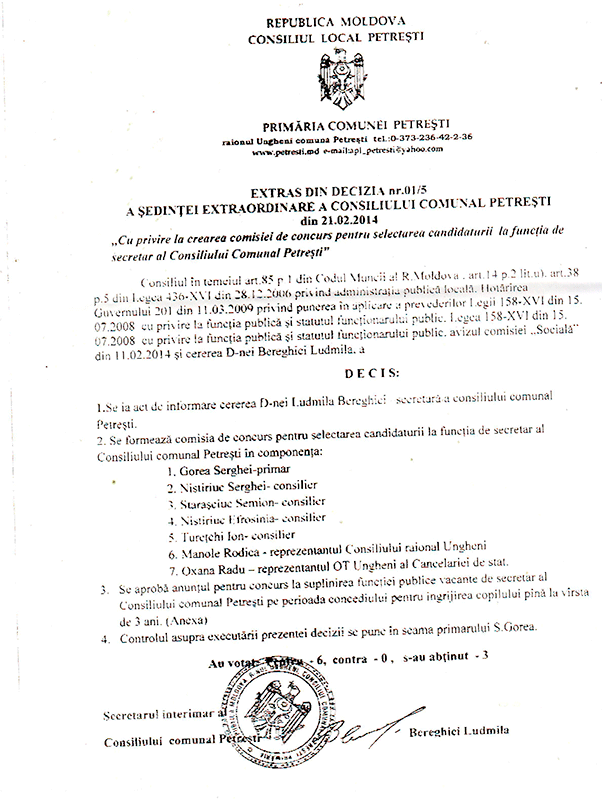Boards that want to improve performance will require a comprehensive strategy. This will include ensuring that the board has the proper mix of expertise, encouraging positive attitudes, streamlining processes and conducting regular evaluations. If they can address these important areas boards will be able to improve their practices and speed up decision-making.
The chair of the board is an essential element in determining how a board functions. A chair with no leadership or coordination skills will be unable to create an environment in which directors can share their perspectives and participate in productive conversations. Additionally, a chair that is too strict and unsecure can create an environment in which the board is less than transparent and can stifle discussion.
One of the most common problems boards will encounter is dysfunction. While this issue may stem from conflicts between board members, it can also be a result of insufficient structures that facilitate carrying the board’s performance evaluation obligations. Transferring these responsibilities to an executive committee or board can result in subpar supervision.
A board’s ability to access and analyze information is another crucial factor. Access to the right data can improve the effectiveness of boards, and allow boards to make better decisions. However, many boards have ineffective procedures for sourcing and sharing information. It is difficult to improve a board’s performance unless this issue is addressed.























